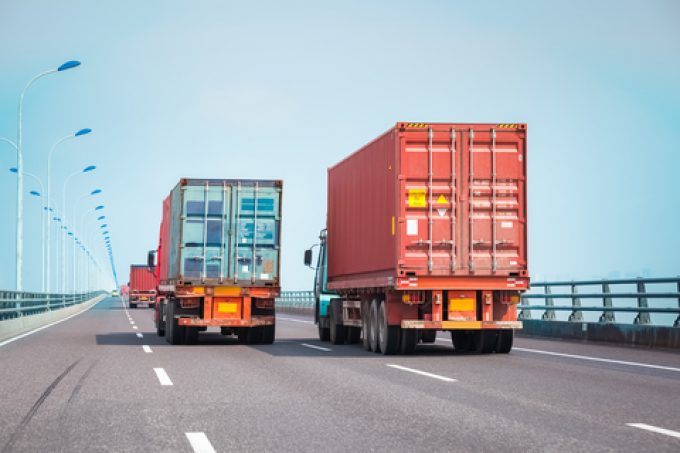Data-sharing tools will be key to managing surging volumes of commerce
Data-sharing tools will become “paramount” for ecommerce players as the sheer number of unknown items ...

Freight forwarders in China are expecting a battle for truck capacity next week as factories and warehouses slowly reopen following the coronavirus outbreak.
According to Shanghai-based Marco Reichel, APAC business development manager at Crane Worldwide Logistics, some manufacturers will restart on Monday, while others will stay shuttered until 14 February.
“The biggest issue next week will be the trucking,” he told The Loadstar.
“There are some trucking companies in tier-1 cities able to receive bookings for next week. Otherwise definitely there will be ...
Volcanic disruption at Anchorage could hit transpacific airfreight operations
Macron calls for ‘suspension’ – CMA CGM's $20bn US investment in doubt
Forwarders stay cool as US 'liberation day' tariffs threaten 'global trade war'
Shippers snap up airfreight capacity to US ahead of tariff deadline
De minimis exemption on shipments from China to the US will end in May
Tighter EU import requirements proving 'a challenge' for forwarders
Looming Trump tariffs will create 'a bureaucratic monster' for Customs

Comment on this article
Moving Brainerd
February 11, 2020 at 3:40 pmThis is difficult situation in many ways. Things need to get to where they are going but at what safety costs? Glad I’m not making those difficult decisions.
Stefan Robert
December 07, 2020 at 6:04 amAlmost no trucks are moving across the China-Vietnam border. I think coronavirus is the issue for moving trucks. If coronavirus being normal reopen the border again I think.